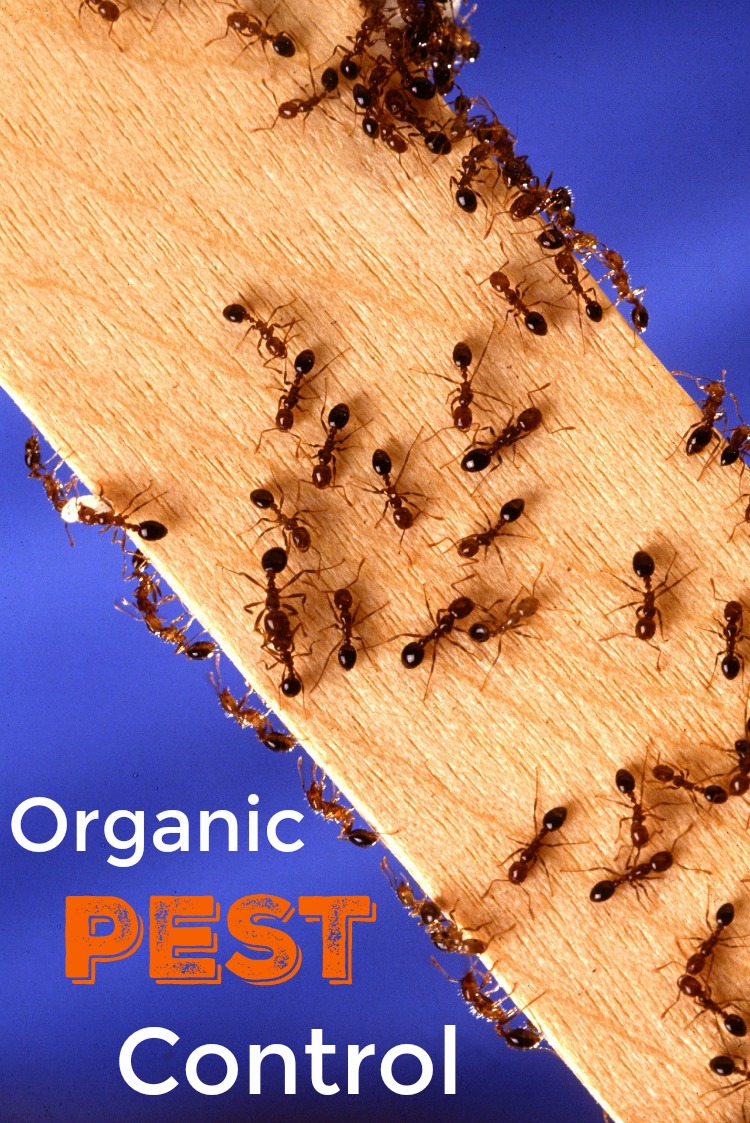
Consequences of organic and non-organic farming practices for field, farm and landscape complexity. Plant diseases and management approaches in organic farming systems.

Use of multiline cultivars and cultivar mixtures for disease management. Gains to species diversity in organically farmed fields are not propagated at the farm level. Biodiversity and biocontrol: emergent impacts of a multi-enemy assemblage on pest suppression and crop yield in an agroecosystem. Predator diversity dampens trophic cascades. Bacterial competition: surviving and thriving in the microbial jungle. Does plant diversity benefit agroecosystems? A synthetic review. Bottom-up effects of plant diversity on multitrophic interactions in a biodiversity experiment. What is this thing called organic?-How organic farming is codified in regulations. Converting or not converting to organic farming in Austria: farmer types and their rationale. Organic agriculture promotes evenness and natural pest control. Effects of natural enemy biodiversity on the suppression of arthropod herbivores in terrestrial ecosystems. Comparison of predator and pest communities in Washington potato fields treated with broad-spectrum, selective, or organic insecticides. Scale matters: the impact of organic farming on biodiversity at different spatial scales. The effects of farming system and fertilisers on pests and natural enemies: a synthesis of current research. A global synthesis of the effects of diversified farming systems on arthropod diversity within fields and across agricultural landscapes. Land-use intensity and the effects of organic farming on biodiversity: a hierarchical meta-analysis. The effects of organic agriculture on biodiversity and abundance: a meta-analysis. Farming approaches for greater biodiversity, livelihoods, and food security. Ecosystem services in biologically diversified versus conventional farming systems: benefits, externalities, and trade-offs.

A global quantitative synthesis of local and landscape effects on wild bee polliniators in agrosystems. Enhanced top soil carbon stocks under organic farming. Diversification practices reduce organic to conventional yield gap. Comparing the yields of organic and conventional agriculture. Many shades of gray-the context-dependent performance of organic agriculture. Version 2005 (International Federation of Organic Agriculture Movements, 2006). The IFOAM Norms for Organic Production and Processing. Ecological intensification of agriculture-sustainable by nature. Ecological intensification: harnessing ecosystem services for food security.

Ecological intensification of cereal production systems: yield potential, soil quality, and precision agriculture. Zoonosis emergence linked to agricultural intensification and environmental change. Global diets link environmental sustainability and human health. This study provides evidence that organic farming can enhance pest control and suggests that organic farming offers a way to reduce the use of synthetic pesticide for the management of animal pests and pathogens without increasing their levels of infestation. Our study shows that there are lower levels of pathogen infestation, similar levels of animal pest infestation and much higher levels of weed infestation in organic than in conventional systems. Here, using two distinct meta-analyses, we demonstrate that, compared to conventional cropping systems, (i) organic farming promotes overall biological pest control potential, (ii) organic farming has higher levels of overall pest infestations but (iii) that this effect strongly depends on the pest type. However, the performance of organic farming, often considered as a prototype of ecological intensification, in terms of pest control remains largely unknown. Ecological intensification of agro-ecosystems, based on the optimization of ecological functions such as biological pest control, to replace agrochemical inputs is a promising route to reduce the ecological footprint of agriculture while maintaining commodity production.


 0 kommentar(er)
0 kommentar(er)
